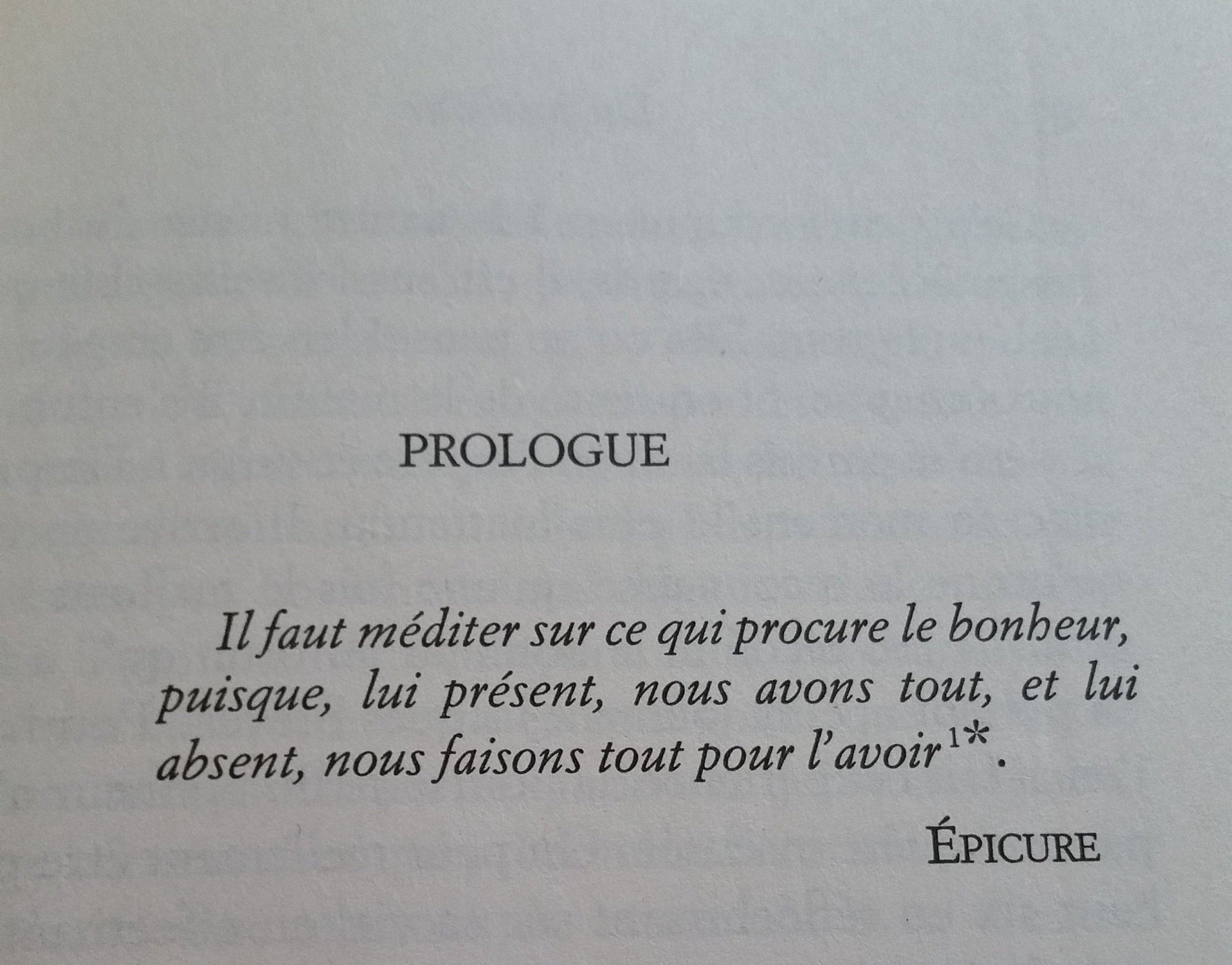We must meditate on what brings happiness, since when it is present, we have everything, and when it is absent, we do everything to have it.” (EPICURUS) (1)
I love writing (most of the time) and have maintained a semi-private/semi-public website since 1995. Lots of the old stuff has vanished from the web and lives only on CD backups. I am sure it will come back to haunt me one day, as will my worst and best poetry. If you are a friend on social media, you know that a part of me also lives there. The rants can be long, but they help me think. Some of my social media rants end up being published as papers. In 2020, I even started ranting on Medium. Writing is my meditation (2). I write for me expecting zero readers to find or enjoy the content. However:
Beyond the rants and spontaneous overdisclosure, I have co-developed, co-authored, and contributed to 150+ proposals since 2007 for intramural, foundation, corporate and federal funding. A percentage of these have been successful and some are listed here. I have contributed to research development across all of my academic division’s priority areas: game design, mobile, and environmental media, and immersive technologies working with faculty from my school and beyond. It is more fun to work with other people. Collaborative work isn’t the easiest, but it is better and more fun (3). Did I write ‘fun’ twice? Yes, I did…
I publish in peer-reviewed and invited journals and proceedings, although not as regularly as faculty from the sciences and engineering. I review journal articles and conferences proceedings more than I publish myself. Scholarly output for terminal MFA degree holders in the form of peer-reviewed publications is not as common. Nothing I do is common in my field, but I aim to change that. If you want to change anything in the world, start doing more things you are not good at and go to places where you think you have little to offer. You will be surprised how much you can learn and how much you can teach others.
My Google Scholar Profile is here.
Footnotes
(1) Of course it is really sloppy to translate a translation, but I could not help myself to this picture from a French philosophy book found at an airport.
The Ancient Greek quote is:
Μελετάν ουν χρη τα ποιούντα την ευδαιμονίαν, είπερ παρούσης μεν αυτής πάντα έχομεν, απούσης δε πάντα πράττομεν εις το ταύτην έχειν.
Which in Modern Greek (translation credit) is:
Πρέπει να στοχαζόμαστε τα πράγματα που φέρνουν την ευτυχία, επειδή όταν την κατέχουμε, έχουμε τα πάντα, ενώ όταν αυτή λείπει, κάνουμε τα πάντα για να την αποκτήσουμε. (Επιστολή προς Μενοικέα, 122)
Which in English (roughly, according to me) is:
We must reflect/study the things that bring happiness, because when we are in possession of it, we have everything, whereas when it is absent, we do everything toward obtaining it. (Letter to Menoeceus, 122)
It is my opinion as a Greek speaker (albeit not a linguist) that the verb Μελετάν in the context of Epicurus’ contemplative style is the closest to what we would understand as a meditation in the Western world.
(2) Epicureanism is what I chose more than a decade ago as my aspirational philosophy. While you may think it is because I am an Epicurean, it is because I am a Stoic, and therefore the hope is that halfway between the two one can balance personal and community needs and find happiness. Arthur Brooks gets some things right about both philosophy schools, but ends up reinforcing shallow and misunderstood attitudes too. If you want a more contemporary introduction to Epicurus, skip all the ones written by other crusty academics and go to Catherine Wilson’s How to Be an Epicurean: The Ancient Art of Living Well (2019). Her book is also available in Greek by the publisher ΘΥΡΑΘΕΝ. Skip the gender section, however…
(3) Transdisciplinary work is my biggest vice. Possibly the finest introduction to this way of working that remains timeless is Rosenfield, P. L. (1992). The potential of transdisciplinary research for sustaining and extending linkages between the health and social sciences. Social Science and Medicine, 35(11), 1343–1357. https://doi.org/10.1016/0277-9536(92)90038-R.
